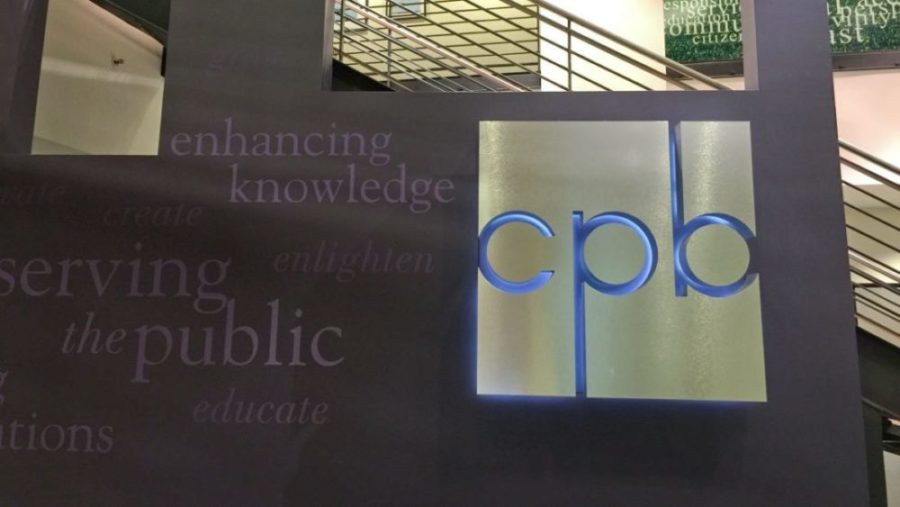Michigan Radio adds grant-funded criminal justice beat
Michigan Radio has added a reporting position focused on criminal justice issues in the state.
The Public Welfare Foundation provided $100,000 to support the new reporting beat for one year with the option to renew, said Sarah Hulett, director of enterprise and long-form reporting for the public radio network headquartered in Ann Arbor.
Beenish Ahmed, a Detroit-based reporter for Michigan Radio, began working on the new beat Sept. 28 and is initially focusing on a project in Flint, Hulett said.
The grant, announced in mid-September, also provides for Michigan Radio to host three events on criminal justice–related issues in the communities it serves, according to Hulett. Each will be tailored to engage audiences that Michigan Radio does not typically reach, Hulett said.
The criminal justice system in Detroit is the largest in the state and will be a major focus of the coverage. “[Detroit] is a community that has a lot of interaction with these systems: prison, parole, policing, surveillance. Those are all pretty important issues in Detroit,” Hulett said. “Beenish won’t be exclusively reporting on Detroit, but … this is a place where there are a lot of conversations about policing right now.”

The newsroom’s coverage plan includes six feature stories every “couple of months,” Hulett said, and newscast reports as events warrant. She also expects that Ahmed will share her reporting in two-way debriefing segments on Michigan Radio’s news programs. The coverage will air on Stateside, the station’s podcast and daily news report on Michigan news, and local broadcasts of Morning Edition and All Things Considered.
The Public Welfare Foundation seeks to support media coverage that will help increase public understanding of criminal justice issues, said Esther Franco-Payne, VP of programs. The foundation initiated conversations with Michigan Radio about the grant opportunity this spring. Michigan is one of the foundation’s “jurisdictions of focus,” she said.
Community-led criminal justice is a key focus of the foundation’s philanthropy. To identify jurisdictions of focus, its staff considers reform work being done at the local level and the challenges that local leaders face, according to spokesperson Ashley Cross.
“The public oftentimes doesn’t have insight into how the criminal justice system operates or how much of our public dollars are even being spent on law enforcement or courts or prisons and other stories,” Franco-Payne said. “And so we want to make sure that those are some of the stories that can be told.”
The foundation already partners with Safe & Just Michigan and the Michigan Center for Youth Justice to bring attention to criminal justice issues within the state, she said. Both nonprofit organizations conduct research and advocate for changes in public policy.
Michigan Radio is working toward strategic-planning goals to expand its community engagement efforts and focus on reporting that is not “reactive,” Hulett said. The grant-funded beat helps to support that work.
While the grant calls for Michigan Radio to create a “narrative shift” around criminal justice through Ahmed’s reporting, the newsroom has total editorial control of the coverage, Franco-Payne said.
The foundation is also talking with stakeholders and partners in its other targeted jurisdictions to determine what more it can do to support local reporting on criminal justice, Franco-Payne said. The talks involve public and private news organizations in eight jurisdictions, including Colorado; Georgia; Louisiana; Michigan; Oklahoma; Milwaukee; Jackson, Miss.; and Washington, D.C.







